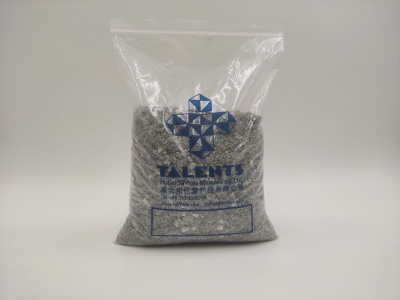What should be paid attention to when barium sulfate is transported in bad weather
Precautions for Transporting Barium Sulfate in Bad Weather
Transporting barium sulfate in adverse weather conditions requires careful planning to ensure safety, product integrity, and compliance with regulations. Here are key precautions to consider:
1. Packaging and Containment
Use sealed, moisture-resistant packaging (such as plastic-lined bags or airtight containers) to prevent contamination and clumping due to humidity or rain.
Ensure sturdy outer packaging to withstand strong winds, heavy rain, or snow.
Label packages clearly with weather-resistant tags indicating hazardous material handling instructions (if applicable).
2. Protection Against Moisture and Temperature Extremes
Store barium sulfate in a dry, covered environment before and during transportation.
If transporting in extreme cold, ensure proper insulation to prevent material from becoming brittle or difficult to handle.
In high humidity, use dehumidifiers or silica gel in storage areas to maintain low moisture levels.
3. Vehicle and Route Safety
Choose weather-appropriate vehicles, such as enclosed trucks, to protect the cargo from rain or snow.
Plan routes to avoid areas prone to flooding, landslides, or heavy snow accumulation.
Monitor weather forecasts and adjust schedules accordingly to minimize risks.
4. Loading and Unloading Precautions
Conduct loading/unloading in sheltered areas or use tarps to protect the material.
Ensure forklifts and lifting equipment are suitable for wet or icy conditions to prevent accidents.
Train workers on handling procedures to reduce exposure to adverse weather effects.
5. Regulatory Compliance
Follow local and international transport regulations for chemical substances, including proper documentation.
Ensure Material Safety Data Sheets (MSDS) are available for emergency reference.
6. Emergency Preparedness
Equip transport vehicles with spill containment kits in case of accidental leakage.
Establish an emergency response plan for extreme weather disruptions, including alternative storage options.
Maintain communication with drivers to provide real-time weather updates and rerouting instructions.
By implementing these measures, you can minimize transportation risks and ensure the safe delivery of barium sulfate, even in challenging weather conditions.




